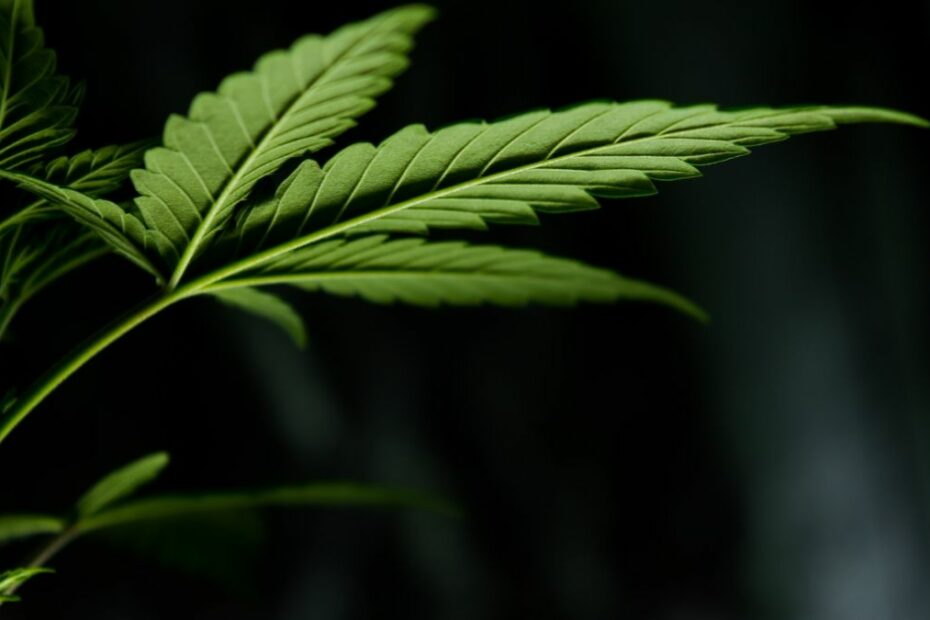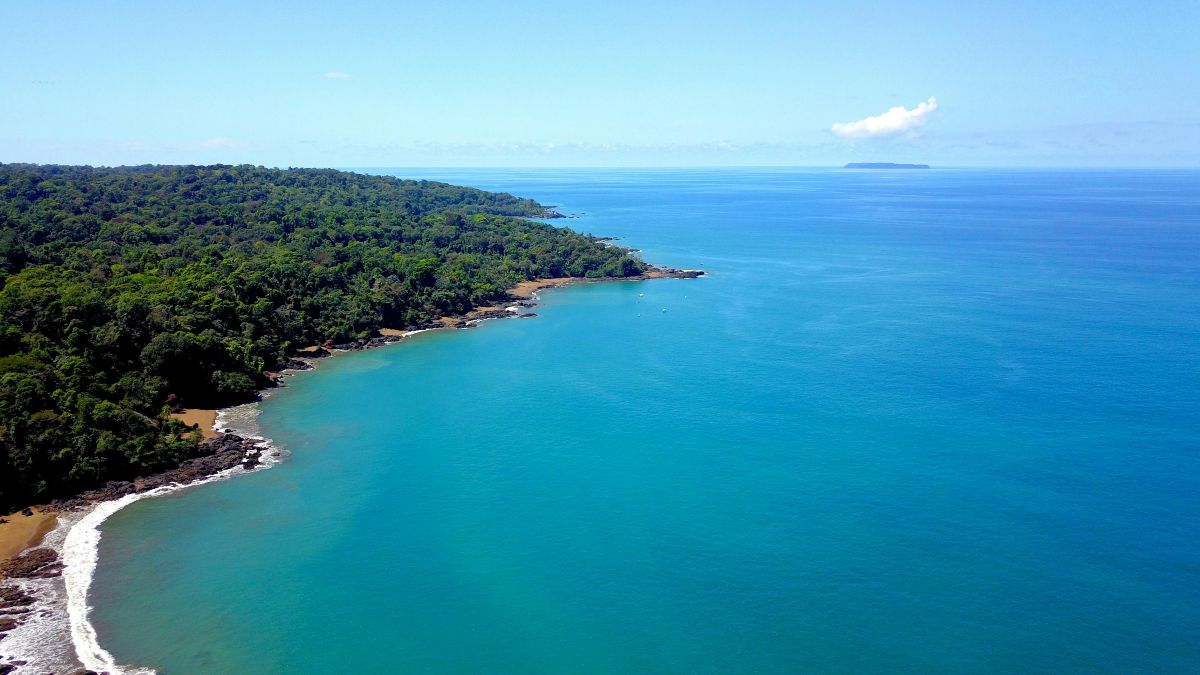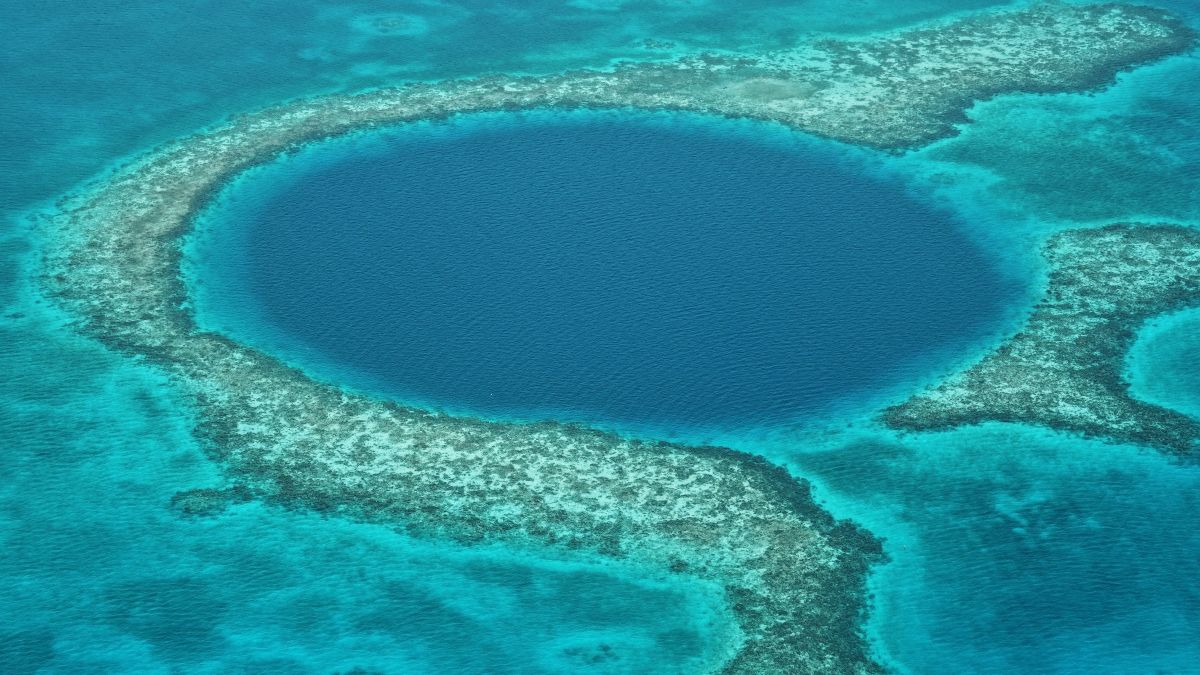Craig Dempsey from Biz Latin Hub looks at the current Costa Rica marijuana laws passed last year, and at the process of entering the cannabis industry for potential investors.
Cannabis is one of the fastest-growing industries in the world. Many countries now recognize the potential economic benefits of legalizing and regulating its use.
With the signing into law last year of the “Law on cannabis for medicinal and therapeutic use and on hemp for food and industrial use“, Costa Rica took its first step towards entering this enormous industry.
This law regulates and allows access to, and use of, cannabis for medicinal and therapeutic use only. The fundamental right to health of all citizens is the driving factor here. It also authorizes the production, industrialization, and commercialization of cannabis towards this end.
Another driving factor is the potential economic benefits. A PROCOMER (Costa Rica’s foreign trade promoter) study revealed that in 2025, the hemp and medical cannabis market could move $35 billion a year worldwide. This would bring enormous benefits for the country and its investors.
Costa Rica just legalized medical marijuana. Here’s what the new law allows – Leafly https://t.co/LzMMufd6YC
— Legalized News (@LegalizedNews) March 7, 2022
Licenses
In Costa Rica, there are three types of cannabis licenses plus an educational permit:
- For import and/or export of cannabis derivatives and/or finished product
- Manufacture of derivatives of cannabis and/or medicines
- Cultivation, production, and related activities of cannabis
- Permit for scientific research or university teaching
- License for import and/or export of psychoactive cannabis derivatives and/or finished products for marketing and research purposes (granted by the Ministry of Health). This includes the import, transport, and storage of psychoactive cannabis derivatives for the manufacture of finished products containing psychoactive cannabis (medicines).
- License for the manufacture of psychoactive cannabis derivatives and/or for the manufacture of medicines (granted by the Ministry of Health). This includes the reception of the psychoactive cannabis harvest and plant component in the manufacturing area, the delivery of psychoactive cannabis derivatives to any third party or for itself, for the elaboration of a finished product for medical or therapeutic purposes for national use and/or for export and research activities inherent to the establishment’s activity.
- License for cultivation, production, and related activities of psychoactive cannabis. This includes the acquisition of seeds, seedlings, cuttings, or any propagation material of psychoactive cannabis that will be planted for its development as a crop to the delivery of plant material (stems, seeds, leaves, buds, or inflorescences). It includes the activities of planting, development, harvesting, importation, transportation, and commercialization of cannabis plants as raw materials for transformation processes. Some states in the U.S. (e.g., California) have a similar law: any of the above activities, for example, producing Cheese weed and other seeds for sale, require a cultivator’s license, the type of which depends on the specifics of cultivation (click here).
- Permit for scientific research or university teaching. Granted to national or foreign accredited universities, scientific research institutions, and companies whose corporate purpose includes scientific research or research in improvement dedicated to the scientific research of cannabis for medicinal use. The biomedical research permit is only granted if the research product corresponds to cannabis for medicinal use.
Requirements for Licensing
The Ministry of Agriculture has granted several licenses for the cultivation, production, and industrialization of cannabis in Costa Rica. Requirements to receive such licenses involve:
- Making a sworn statement saying that the physical and legal person and his associates are not affected by prohibitions.
- Detailed description of the project.
- Environmental registration, local government permits.
- Registration as an employer with the Costa Rican Social Security Fund.
If you’re an exporter, you must present the current contract for the export of your product to third countries which also allow the legal trade of the plant.
The authorizations for the cultivation and industrialization of hemp last for a period of six years, counted from the date of its granting, with renewals permitted. They allow one license per natural or legal person, including legal persons that make up the same group of companies.
The Ministry of Health also has regulations for the process of sanitary registration of consumer products. It’s already granted permits for cosmetic and food products containing CBD. These products are now available all over Costa Rica (pharmacies, health food stores, etc.).
Recreational Cannabis in Costa Rica
Currently, there’s a bill in congress to allow production and consumption of recreational cannabis in Costa Rica.
As it stands, marijuana is nominally illegal in Costa Rica, although anyone found with it in their possession shouldn’t – shouldn’t – face any penalties. Costa Rica and Belize are the only two countries in Central America where recreational marijuana is decriminalized.
President Rodrigo Chaves wants full legalization and regulation. The current bill “aims to legalize, control and regulate the consumption, cultivation, production and commercialization of cannabis for recreational purposes,” he says.
The project plans to endorse the use of cannabis in food and drink and allow the creation of “social clubs” (kind of like “coffee shops” in Amsterdam) for consumption. It will prohibit use in commercial premises, casinos, discos, bars, or nightclubs.
There’s a way to go before anything like this comes to pass in Costa Rica. As mentioned, President Chaves is a supporter, and he wants Costa Rica to follow the path of full legalization and regulation. He sees this as a potential economic boost through taxation and generation of employment opportunities.
The project has had quite a few contingencies, though, and faces much opposition. Groups opposing the legalization of recreational cannabis include the Association of Physicians and Surgeons, the Judicial Investigation Agency (OIJ), and some religious groups.
Is recreational marijuana legal in Central America? Find out where recreational weed is legal, illegal, and decriminalized in each country.https://t.co/n1eJ79QjDE
— Central America Living (@VidaAmerica) August 25, 2022
What Does the Future Hold?
In conclusion, the cannabis industry represents a significant opportunity for Costa Rica to capitalize on a growing global market and provide important social and health benefits for its citizens.
While there are risks associated with entering this industry, the new law offers a thoughtful and comprehensive approach to regulation that could help mitigate these risks.
Costa Rica could become a major player in the global cannabis market and a model for other countries looking to enter this industry. If you have any questions about the cannabis business in Costa Rica or starting a business in the country, feel free to contact us at Biz Latin Hub.
*This article was co-written by Adriana Salazar Romero, a Biz Latin Hub legal expert in Costa Rica.
Craig Dempsey is the co-founder and chief executive officer of the Biz Latin Hub Group, an organization dedicated to assisting investors in Latin America and the Caribbean.




